Tomato paste, a staple ingredient in many dishes, has long been praised for its rich flavor and versatility. However, what lies beneath its vibrant hue and concentrated taste may come as a shock to many. In this article, we delve into the underbelly of tomato paste and uncover the unhealthy aspects that lurk within. 1. High Sodium Content: One of the most significant concerns when it comes to tomato paste is its high sodium content. Sodium is a vital mineral, but excessive intake can lead to high blood pressure, heart disease, and other cardiovascular problems.

.
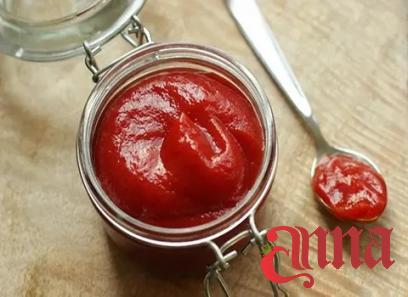 Tomato paste is often used in large quantities, exacerbating the already high sodium levels present in canned and processed foods. 2. Added Sugars: To enhance taste and improve shelf life, many commercial tomato paste brands add additional sugars. This not only increases the calorie count but also contributes to issues such as obesity and diabetes. An excessive intake of added sugars can pose serious health risks and undermine the potential nutritional benefits of consuming tomatoes.
Tomato paste is often used in large quantities, exacerbating the already high sodium levels present in canned and processed foods. 2. Added Sugars: To enhance taste and improve shelf life, many commercial tomato paste brands add additional sugars. This not only increases the calorie count but also contributes to issues such as obesity and diabetes. An excessive intake of added sugars can pose serious health risks and undermine the potential nutritional benefits of consuming tomatoes.
..
 3. Increased Risk of Prostate Cancer: Processed tomato products, including tomato paste, are often consumed for their high lycopene content. Lycopene is a powerful antioxidant with potential health benefits. However, recent studies indicate that excessive consumption of processed tomato products, including tomato paste, may actually increase the risk of prostate cancer. The concentrated levels of lycopene in tomato paste, combined with other additives, are believed to be responsible for this potential risk. 4. Limited Nutritional Value: While tomatoes in their natural form are packed with vitamins, minerals, and antioxidants, the processing involved in making tomato paste compromises its nutritional value. The heat treatment used during the production process to concentrate the paste can reduce important nutrients, such as vitamin C and certain antioxidants, rendering the final product less nutritious.
3. Increased Risk of Prostate Cancer: Processed tomato products, including tomato paste, are often consumed for their high lycopene content. Lycopene is a powerful antioxidant with potential health benefits. However, recent studies indicate that excessive consumption of processed tomato products, including tomato paste, may actually increase the risk of prostate cancer. The concentrated levels of lycopene in tomato paste, combined with other additives, are believed to be responsible for this potential risk. 4. Limited Nutritional Value: While tomatoes in their natural form are packed with vitamins, minerals, and antioxidants, the processing involved in making tomato paste compromises its nutritional value. The heat treatment used during the production process to concentrate the paste can reduce important nutrients, such as vitamin C and certain antioxidants, rendering the final product less nutritious.
…
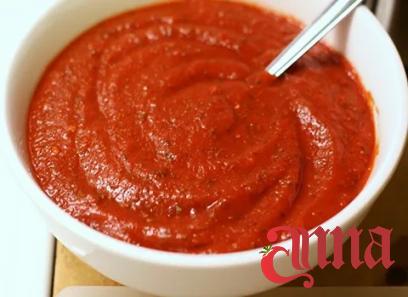 5. Potential for Allergic Reactions: Tomato paste may also present a risk for those with allergies or sensitivities. Some individuals may experience adverse reactions to the additives or preservatives used in the processing of tomato paste. Allergic reactions can range from mild, such as skin irritations, to more severe, including respiratory issues like difficulty breathing. Conclusion: While tomato paste continues to be a popular ingredient in many kitchens, it is crucial to acknowledge its unhealthy aspects. The high sodium content, added sugars, potential for allergic reactions, limited nutritional value, and increased risk of prostate cancer associated with tomato paste consumption are all factors to be considered. As consumers, it is essential to be mindful of our choices and seek healthier alternatives or use tomato paste sparingly in our culinary pursuits.
5. Potential for Allergic Reactions: Tomato paste may also present a risk for those with allergies or sensitivities. Some individuals may experience adverse reactions to the additives or preservatives used in the processing of tomato paste. Allergic reactions can range from mild, such as skin irritations, to more severe, including respiratory issues like difficulty breathing. Conclusion: While tomato paste continues to be a popular ingredient in many kitchens, it is crucial to acknowledge its unhealthy aspects. The high sodium content, added sugars, potential for allergic reactions, limited nutritional value, and increased risk of prostate cancer associated with tomato paste consumption are all factors to be considered. As consumers, it is essential to be mindful of our choices and seek healthier alternatives or use tomato paste sparingly in our culinary pursuits.

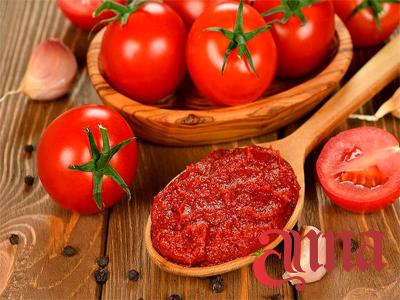
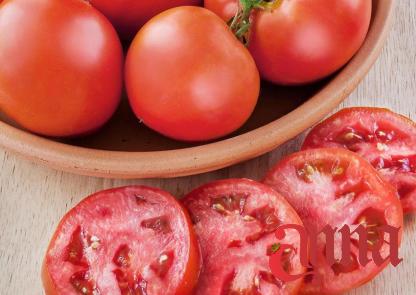
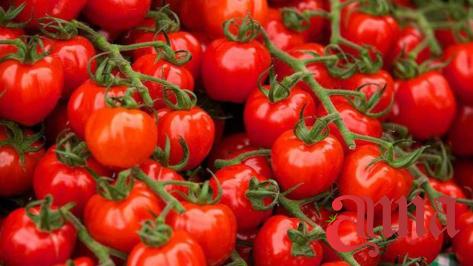
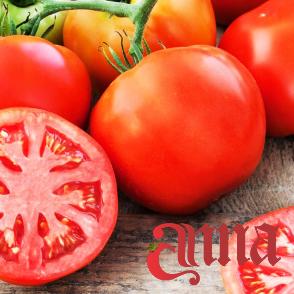

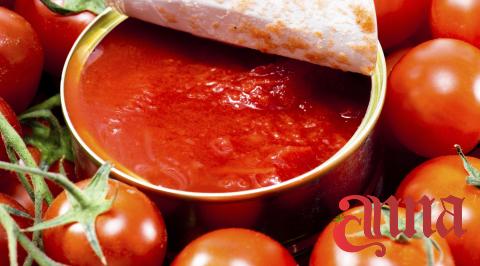

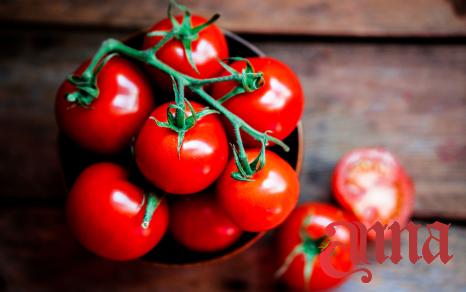
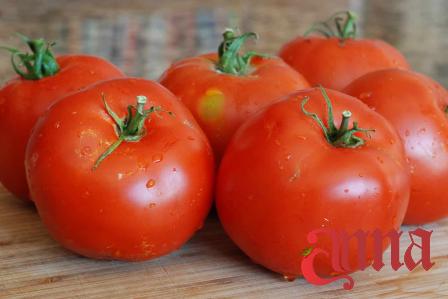
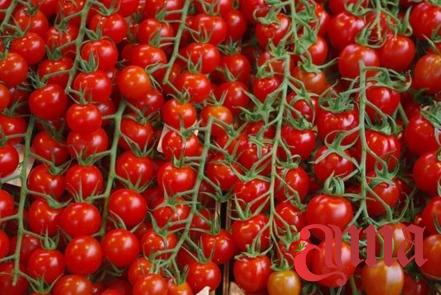
Your comment submitted.